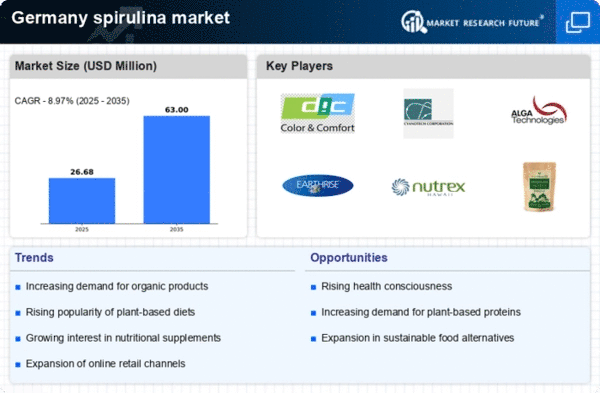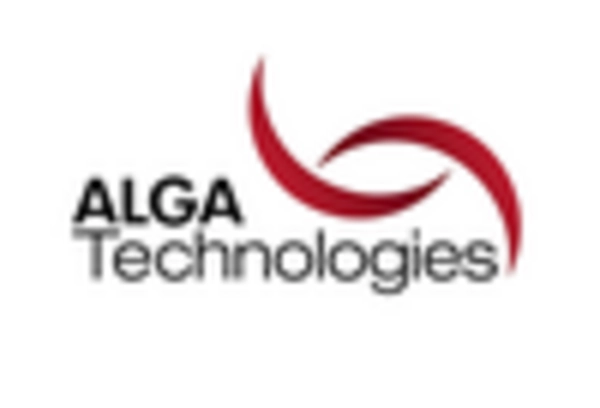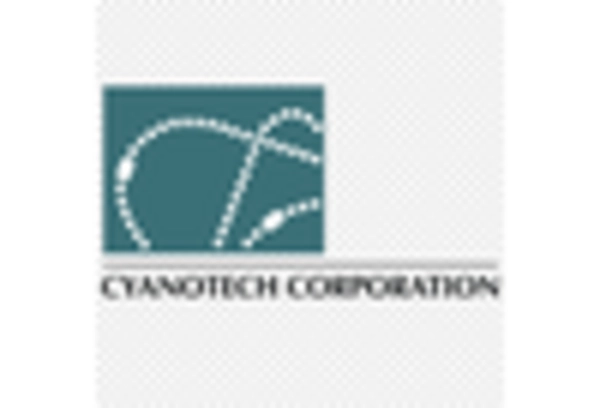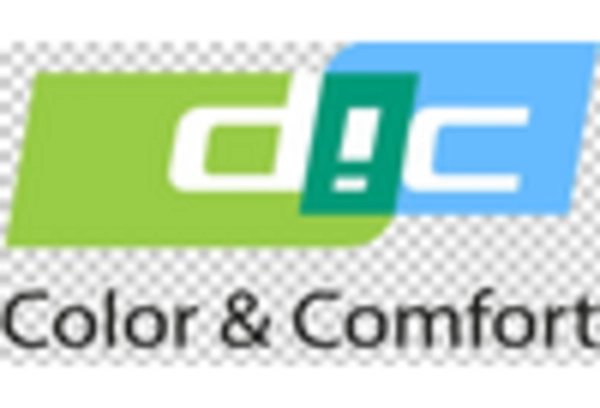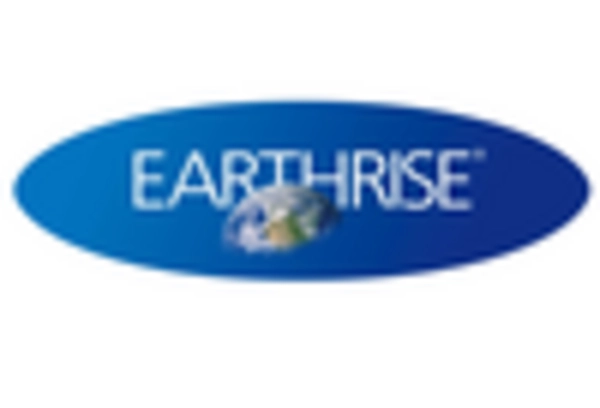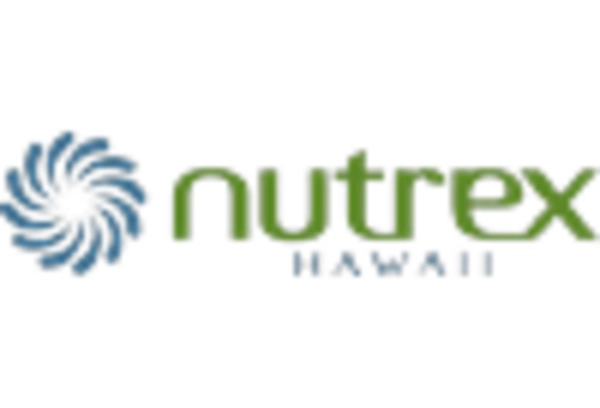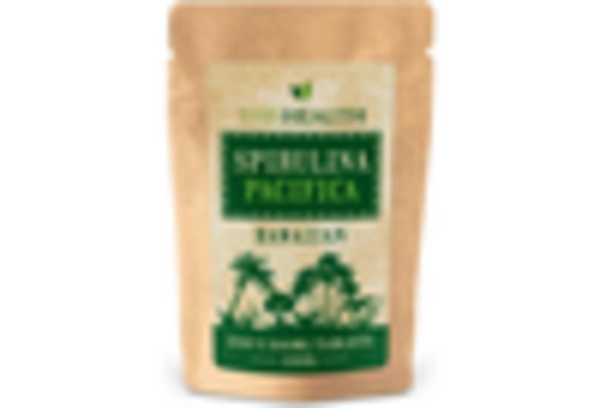Innovative Marketing Strategies
The spirulina market in Germany is witnessing a transformation due to innovative marketing strategies employed by companies. Brands are increasingly leveraging digital platforms and social media to reach a broader audience, particularly younger consumers who are more health-conscious. By utilizing influencer marketing and targeted advertising, companies are effectively promoting the benefits of spirulina, thereby enhancing brand visibility and consumer engagement. Additionally, educational campaigns that highlight the nutritional advantages of spirulina are gaining traction, further driving consumer interest. As a result, the spirulina market is likely to experience accelerated growth, as these marketing efforts resonate with a demographic that values health and wellness. The emphasis on transparency and sustainability in marketing also aligns with consumer expectations, potentially leading to increased loyalty and repeat purchases.
Expansion of Distribution Channels
The spirulina market is benefiting from the expansion of distribution channels across Germany. Retailers are increasingly recognizing the demand for health foods, leading to the inclusion of spirulina products in mainstream grocery stores, health food shops, and online platforms. This diversification of distribution channels is crucial, as it enhances accessibility for consumers who are seeking spirulina as part of their dietary regimen. Recent data suggests that online sales of health supplements have grown by over 15% in the past year, indicating a shift in consumer purchasing behavior. The convenience of online shopping, coupled with the growing trend of home delivery services, is likely to further propel the spirulina market. As more consumers gain access to these products, the overall market is expected to expand, potentially leading to increased sales and brand recognition.
Regulatory Support for Health Foods
In Germany, the spirulina market benefits from a favorable regulatory environment that supports the growth of health foods. The European Food Safety Authority (EFSA) has established guidelines that promote the safety and efficacy of dietary supplements, including spirulina. This regulatory backing not only enhances consumer confidence but also encourages manufacturers to innovate and expand their product lines. As a result, the spirulina market is likely to witness an influx of new products that cater to diverse consumer preferences. Furthermore, the German government has been actively promoting health and wellness initiatives, which align with the consumption of spirulina as a functional food. This supportive regulatory framework is expected to bolster the market, potentially leading to an increase in market share for spirulina products in the health food sector.
Increasing Demand for Nutritional Supplements
The spirulina market in Germany is experiencing a notable surge in demand for nutritional supplements. This trend is largely driven by a growing awareness of health benefits associated with spirulina, which is rich in proteins, vitamins, and antioxidants. Recent data indicates that the nutritional supplement sector in Germany is projected to grow at a CAGR of approximately 8% over the next five years. As consumers increasingly seek natural and organic sources of nutrition, the spirulina market is well-positioned to capitalize on this shift. The rise in dietary supplements is further supported by the increasing prevalence of lifestyle-related health issues, prompting individuals to seek preventive health measures. Consequently, the spirulina market is likely to see a significant uptick in sales as more consumers incorporate these products into their daily routines.
Rising Popularity of Vegan and Vegetarian Diets
The spirulina market is significantly influenced by the rising popularity of vegan and vegetarian diets in Germany. As more individuals adopt plant-based lifestyles, the demand for alternative protein sources has surged. Spirulina, being a highly nutritious algae, serves as an excellent protein supplement for those seeking to meet their dietary needs without animal products. Recent surveys indicate that approximately 10% of the German population identifies as vegetarian, with a growing segment also embracing veganism. This shift in dietary preferences is likely to drive the spirulina market, as consumers increasingly turn to plant-based options for their nutritional requirements. The versatility of spirulina allows it to be incorporated into various food products, further enhancing its appeal among health-conscious consumers.


